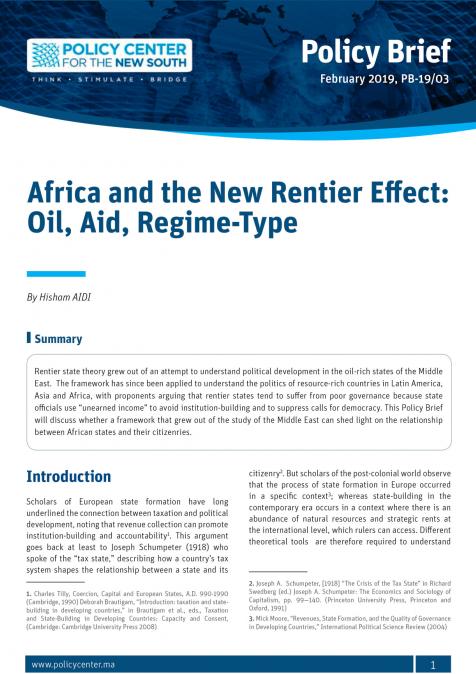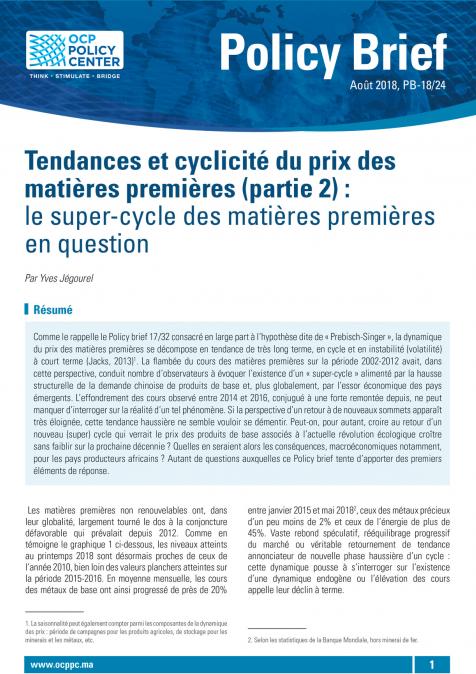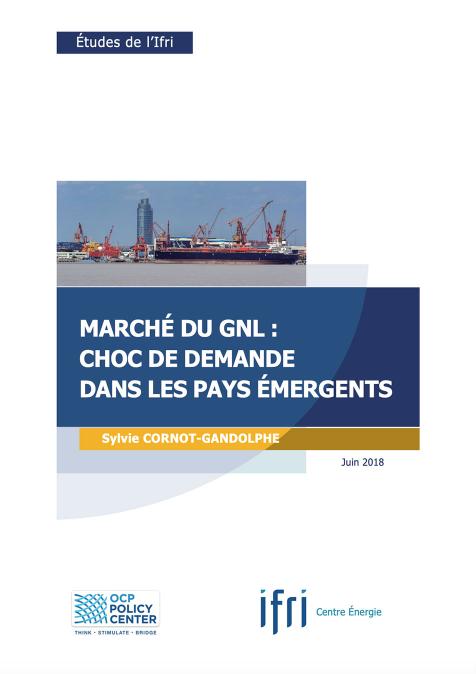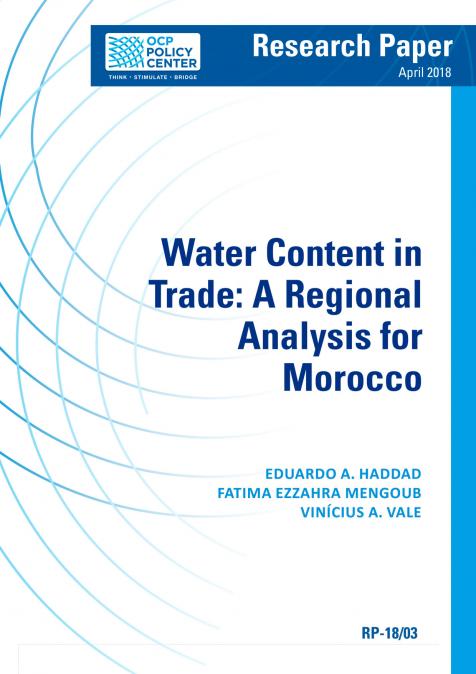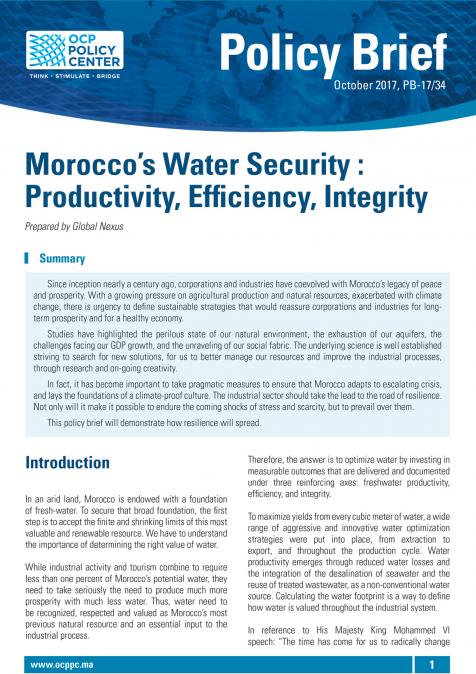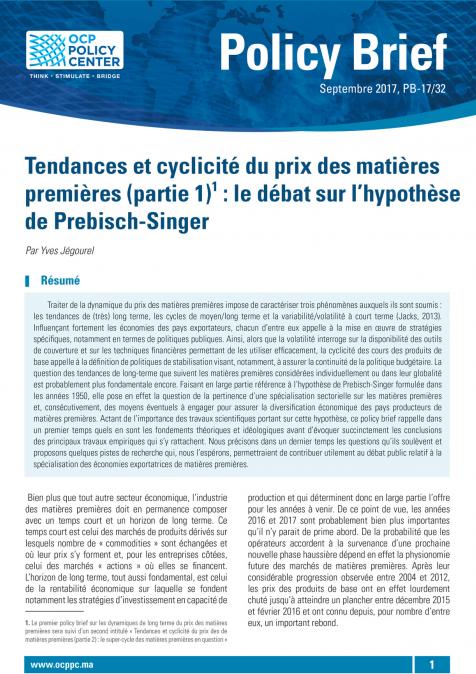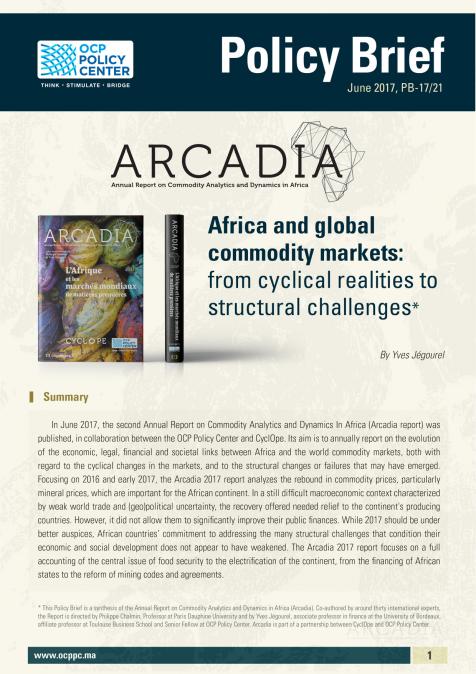Publications /
Opinion
In May 2021, the International Energy Agency’s (IEA) report Net Zero by 2050 stated that there is no need for new investments in oil and gas fields in their net zero pathway[1]. The message was clear: place your next investments in clean energy sources and energy efficiency. However, the IEA’s Africa Energy Outlook 2022 stated that Africa’s industrialisation relies in expanding the use of natural gas[2]. Even the IEA executive director Fatih Birol said, “if we make a list of the top 500 things we need to do to be in line with our climate targets, what Africa does with its gas does not make that list”[3].
Since the Ukraine war disrupted global energy markets and reconfigured fossil-fuel supplies worldwide, with negative ripple effects on the world economy, food security, and military tension, European countries have multiplied their diplomatic efforts to secure non-Russian gas supplies. Africa is poised to play a critical role by supplying natural gas to an energy-hungry Europe, with African gas already accounting for 20% of European gas imports.
The European Union (EU) signed a deal with Egypt and Israel to boost liquified natural gas (LNG) shipments. Germany’s Chancellor visited Senegal in a bid to invest in gas extraction and liquified natural gas, while Italy’s ENI has signed an agreement with Algeria’s Sonatrach to ramp up Algerian gas pipeline exports to Europe. The Italian company is also planning the development of LNG production in Mozambique and the Republic of Congo. European countries’ pivot to African energy also includes coal, and even the environmentally zealous German federal minister for economy and climate action, Robert Habeck, has worked out plans to reactivate coal-fired power plants to support electricity generation.
Some Reasons for Hope for Africa
The EU’s decision to move away from Russian energy is Africa’s opportunity to finally make a case for the potential of natural gas in developing African economies, ensuring energy security and guaranteeing an economically sound energy transition, since gas enables faster curtailment of greenhouse-gas emissions[4]. African countries have long viewed international action to stop investment in hydrocarbon projects as unfair to a continent that generates 3% of global carbon emissions and where 600 million people (43% of the total population) do not have access to electricity. Even the IEA declared that its Sustainable Africa Scenario “also sees a role for natural gas and oil this decade to help fuel the continent’s economic growth and industrialization”[5]. Europe’s decoupling from Russia allows African countries to be cautiously optimistic that new European investments in natural gas production and reserves will be considered climate-acceptable. Even the European Parliament voted to label investments in gas as climate-friendly.
Africa’s advantage is its existing gas pipelines connected to the European gas network and LNG exports originating predominantly from Nigeria, Algeria, Egypt, and Angola. In recent months, plans for long-distance pipelines, such as the offshore Nigeria-Morocco Gas Pipeline and the onshore Trans-Sahara Gas Pipeline, have also picked some pace, and all indicators point to Russia’s future exit from the European gas market as a boon for Africa. It will indeed give Africa momentum to boost its economies and strengthen Euro-African energy cooperation. However, there are challenges before African gas supplies can replace the sizable Russian gas exports destined for Europe.
Key Challenges Ahead
Africa
- Africa faces growing domestic demand for gas and constraints in infrastructure. Algeria, Africa’s biggest gas exporter to Europe, saw its domestic consumption increase by about 10% from 2013 to 2018, and this is projected to grow by an additional 50% by 2028[6], while the supply side faces a decline in natural gas production—even “anticipated developments of small and costly reservoirs would hardly stem the decline of Hassi R’Mel and other mature fields unless such a decline is rapidly contained”[7]. The current gas agreements signed with Italy provide momentum for Algeria to increase production, though doubts remain over Algeria’s “ability to maintain its current gas export commitments and potentially develop new export opportunities”[8].
Nigeria, which has Africa’s largest gas reserves, has gas supply and infrastructure constraints that hinder its capacity to fulfil export obligations and domestic gas demand. Meanwhile, Africa’s third largest gas producer, Egypt, suffers from unrelenting domestic pressure, with domestic gas demand almost equal to its gas production[9].
- Reaping the potential of natural gas reserves significantly depends on whether they are in conflict areas. Mozambique’s natural-gas rich conflict zone Cabo Delgado is a case in point. The development of Mozambique’s LNG industry by supermajors TotalEnergies, ExxonMobil, and ENI has been hampered by the terrorist insurgency that began in 2017. Even though the security situation has improved with the extractive gas industry rebooting LNG projects, bringing social benefits to the local population is essential. This highlights that good governance, social justice, and security are paramount for optimising the potential of natural gas—and other natural resources—for economic development.
- The EU’s long-term energy goal is to become climate neutral by 2050 and reduce net greenhouse-gas emissions by at least 55% by 2030 compared to 1990. In the ‘Fit for 55’ package, the European Commission proposed measures to reduce EU gas consumption by 30% by 2030, while the RePowerEU plan aims to fast track the Union’s decoupling from Russian fossil fuel by betting on a massive scaling-up of renewable energy projects and by boosting energy efficiency. Consequently, European investments will increasingly prioritize ramping up clean energy sources, meaning less funding for long-term gas projects in Africa.
- Europe needs short- and medium-term gas supplies, and Africa will struggle to meet demand during this time. Once it ramps up its gas production, Africa will face intense competition from U.S. and Qatari LNG supplies in a declining European gas market.
Europe
The EU’s pivot to energy resources in the south also comes with its set of challenges. As the EU and its member states scramble for new agreements with the states in their southern neighborhood, geopolitical shocks are a significant risk for their energy security. The EU must not view agreements as mere commercial transactions but as tied to complex local and regional conflicts. So far the EU’s pivot towards southern gas resources lacks a strategic approach to strengthen its resilience against exogenous shocks caused by profound political divergences and protracted conflicts.
The war in Ukraine has shown Europe that its energy dependence on Russia has come with a high political cost for its security. The same can occur for future gas agreements, and this would effectively limit European attempts to make the Union strategically autonomous in the long-term.
A notable example is the signing of the gas agreement with Egypt and Israel. The EU’s interest in gas resources in the Eastern Mediterranean draws the Union into very complex political dynamics. Israel’s offshore Karish field, where the EU gas should come from, is subject to a dispute between Lebanon and Israel, with the gas project positioned near the boundary of Israeli and Lebanese waters, and both countries claiming it as part of their exclusive economic zone, even though negotiations are ongoing to find a settlement of the issue[10]. In July 2022, Israel announced that it had shot down three Hezbollah drones heading toward the gas field[11]. If the EU wants to be a serious geopolitical actor, it must anticipate such risks and reflect on what measures can be implemented to deal with actors that threaten its energy supplies.
A Few Thoughts
- African countries will face difficulties in developing their natural gas markets, and Europe’s newfound interest in African gas supplies will not last long. Furthermore, Europe does not intend to repeat the same mistake of replacing its risky dependence on Russian fossil fuel with another dependence, and Europe’s long-term energy goal is to become autonomous in the energy domain.
- Nevertheless, African policymakers and energy industries must make the most of current opportunities to supply gas to Europe. However, this should not divert them from the scaling-up of clean energy sources and ensuring their long-term energy security to meet their development goals in an ever-unstable global geopolitical landscape.
[1] Net Zero by 2050. A Roadmap for the Global Energy Sector. IEA.
[2] Africa Energy Outlook 2022. IEA.
[3] Browning, N. (June 20, 2022). Time is running out for Africa to profit from its gas, IEA says. Reuters.
[4] The Role of Gas in Today’s Energy Transitions. (July 2019). IEA.
[5] Africa Energy Outlook 2022. IEA.
[6] Ouki, M. (2019). Algerian Gas in Transition: Domestic transformation and changing gas export potential. The Oxford Institute of Energy Studies.
[7] Aissaoui, A. (2016). Algerian Gas: Troubling Trends, Troubled Policies. The Oxford Institute of Energy Studies.
[8] Ouki, M. (2019). Algerian Gas in Transition: Domestic transformation and changing gas export potential. The Oxford Institute of Energy Studies.
[9] Overview Egypt. U.S Energy Information Administration.
[10] Lebanon Disputes Israel's Right to Develop Karish Offshore Gas Field. June 8, 2022. The Maritime Executive.
[11] Murphy, M. (July 2, 2022). Israel shoots down Hezbollah drones heading for gas rig. BBC News.


